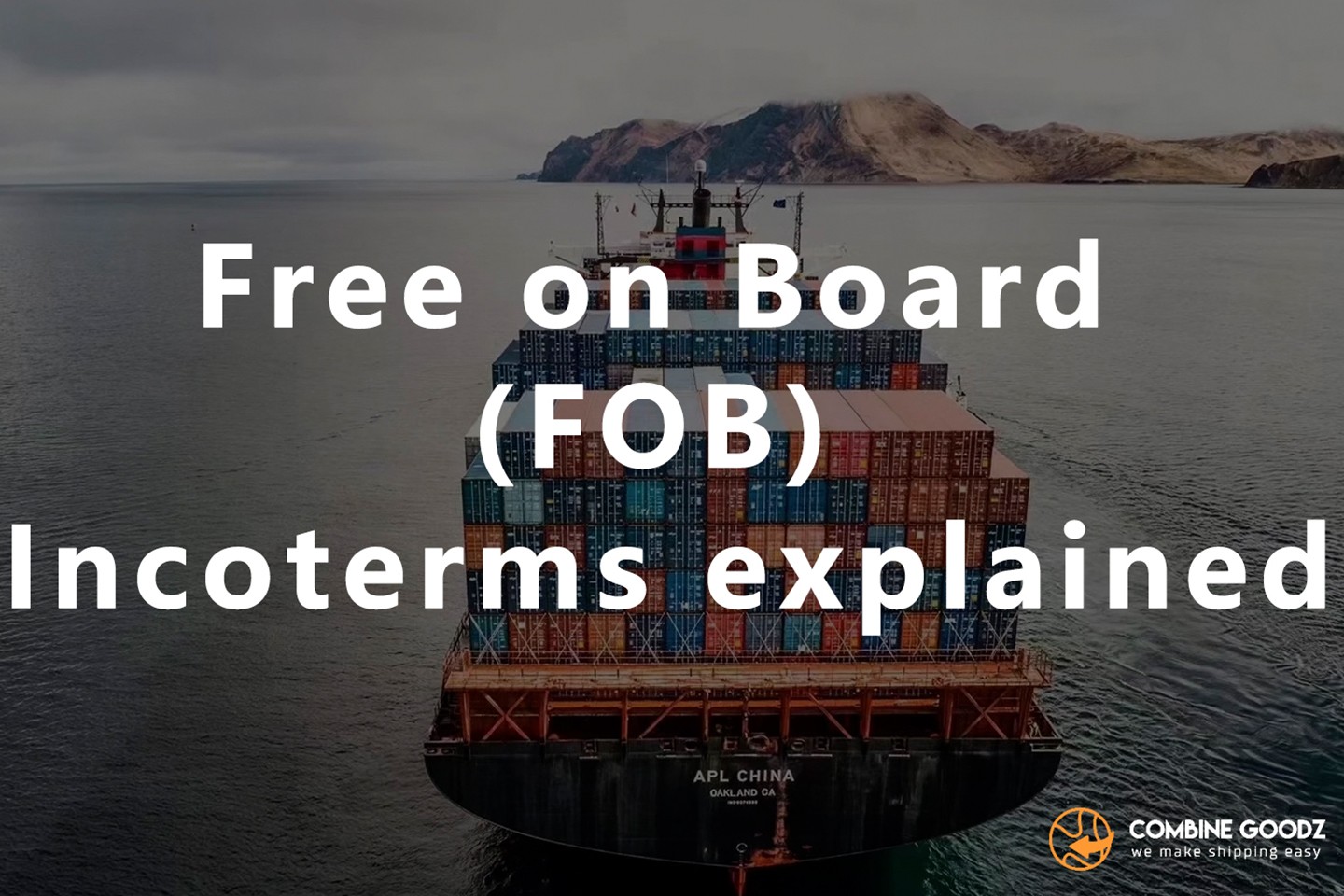 Free on Board (FOB)
Free on Board (FOB)
Free On Board (FOB) is a trade term primarily used in international sales contracts, where the seller delivers the goods onto a named ship at a named port of shipment. The seller must clear the goods for export and is responsible for the costs and risks involved in bringing the goods to the named port of shipment and loading them onto the vessel. Once loaded, the risk and any additional costs pass to the buyer.
Key Aspects of FOB
Risk Transfer: The risk of loss or damage to the goods passes from the seller to the buyer once the goods are loaded onto the vessel at the port of shipment.
Cost Allocation: The seller bears all costs related to the goods until they are loaded onto the vessel. This includes export duties, loading costs, and any costs related to bringing the goods to the port.
Port of Shipment: The contract must specify a named port of shipment. The seller is responsible for delivering the goods to this port, but the buyer is responsible for arranging transportation from the port to the final destination.
Ownership of Goods: Ownership of the goods typically passes to the buyer at the point of delivery, which is when the goods are loaded onto the vessel. However, this can vary depending on the contract's terms.
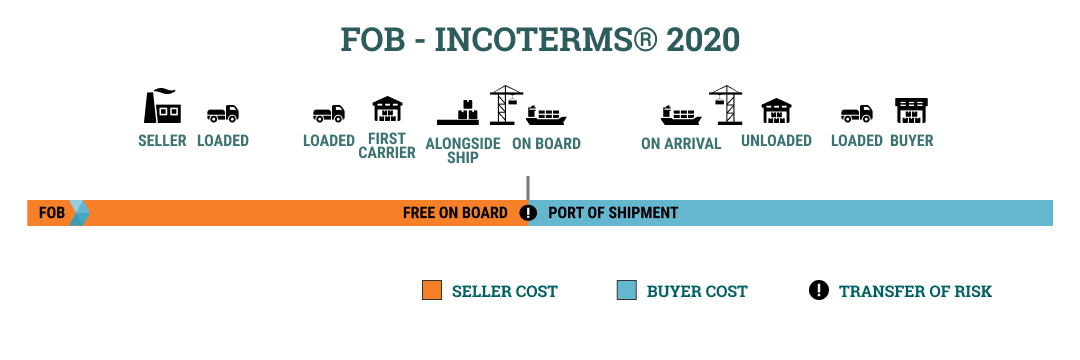
Considerations for Buyers and Sellers
Sellers: It's crucial for sellers to ensure the goods are ready for shipment and loaded onto the vessel in a timely manner. Delays can result in additional costs and may affect the buyer's plans.
Buyers: Buyers need to arrange for transportation from the port of shipment to their final destination. They should also ensure that they have the necessary insurance to cover the goods from the point of loading onto the vessel until they reach their destination.
 Incoterms.png)
Variations in FOB Terms
It's important to note that FOB terms can vary slightly depending on the specific contract and the location of the port of shipment. Therefore, it's crucial for both parties to carefully review and understand the specific terms and conditions outlined in the contract.
Importance of Clear Communication
Clear communication between the buyer and seller is essential when it comes to FOB terms. Both parties need to be aware of their responsibilities and ensure that they are met to avoid any potential disputes or misunderstandings.
In summary, Free On Board (FOB) is a crucial term in international trade that governs the transfer of risks and costs from seller to buyer during the shipment process. Understanding the key aspects of FOB, including risk transfer, cost allocation, port of shipment, and ownership of goods, is essential for successful global transactions. By ensuring clear communication and adhering to the terms outlined in the contract, both buyers and sellers can enjoy smooth and efficient international trade.
 Free on Board (FOB)
Free on Board (FOB)
Free On Board (FOB) is a trade term primarily used in international sales contracts, where the seller delivers the goods onto a named ship at a named port of shipment. The seller must clear the goods for export and is responsible for the costs and risks involved in bringing the goods to the named port of shipment and loading them onto the vessel. Once loaded, the risk and any additional costs pass to the buyer.
Key Aspects of FOB
Risk Transfer: The risk of loss or damage to the goods passes from the seller to the buyer once the goods are loaded onto the vessel at the port of shipment.
Cost Allocation: The seller bears all costs related to the goods until they are loaded onto the vessel. This includes export duties, loading costs, and any costs related to bringing the goods to the port.
Port of Shipment: The contract must specify a named port of shipment. The seller is responsible for delivering the goods to this port, but the buyer is responsible for arranging transportation from the port to the final destination.
Ownership of Goods: Ownership of the goods typically passes to the buyer at the point of delivery, which is when the goods are loaded onto the vessel. However, this can vary depending on the contract's terms.

Considerations for Buyers and Sellers
Sellers: It's crucial for sellers to ensure the goods are ready for shipment and loaded onto the vessel in a timely manner. Delays can result in additional costs and may affect the buyer's plans.
Buyers: Buyers need to arrange for transportation from the port of shipment to their final destination. They should also ensure that they have the necessary insurance to cover the goods from the point of loading onto the vessel until they reach their destination.
%20Incoterms.png)
Variations in FOB Terms
It's important to note that FOB terms can vary slightly depending on the specific contract and the location of the port of shipment. Therefore, it's crucial for both parties to carefully review and understand the specific terms and conditions outlined in the contract.
Importance of Clear Communication
Clear communication between the buyer and seller is essential when it comes to FOB terms. Both parties need to be aware of their responsibilities and ensure that they are met to avoid any potential disputes or misunderstandings.
In summary, Free On Board (FOB) is a crucial term in international trade that governs the transfer of risks and costs from seller to buyer during the shipment process. Understanding the key aspects of FOB, including risk transfer, cost allocation, port of shipment, and ownership of goods, is essential for successful global transactions. By ensuring clear communication and adhering to the terms outlined in the contract, both buyers and sellers can enjoy smooth and efficient international trade.
Popular Articles
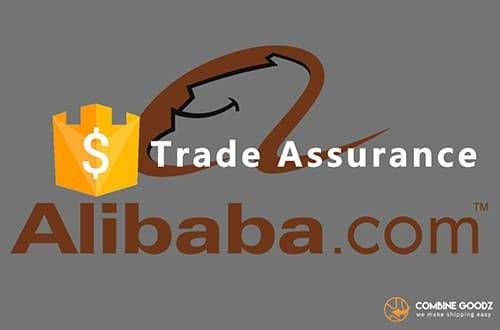
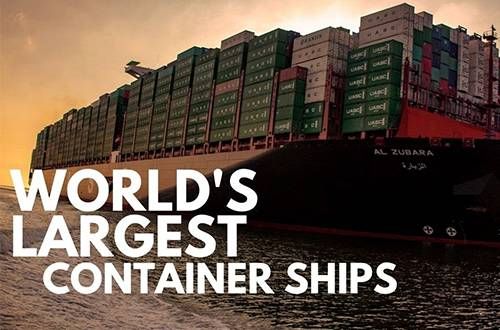
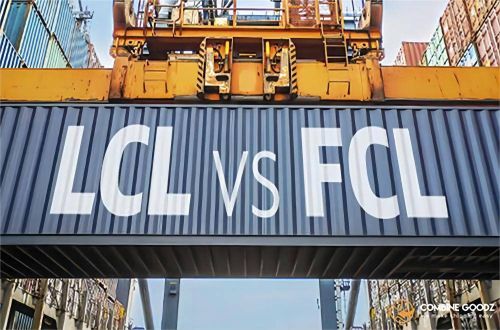
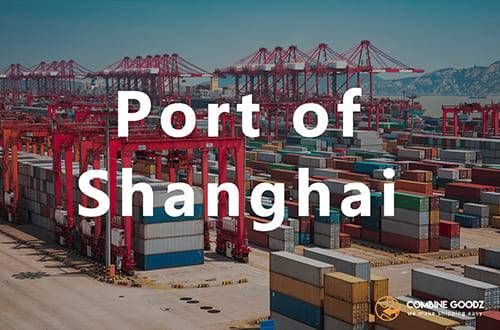
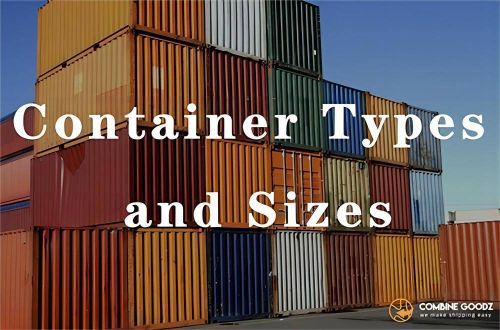
Categories
Share
The latest blogs and insights on what is happening in international transport and logistics.